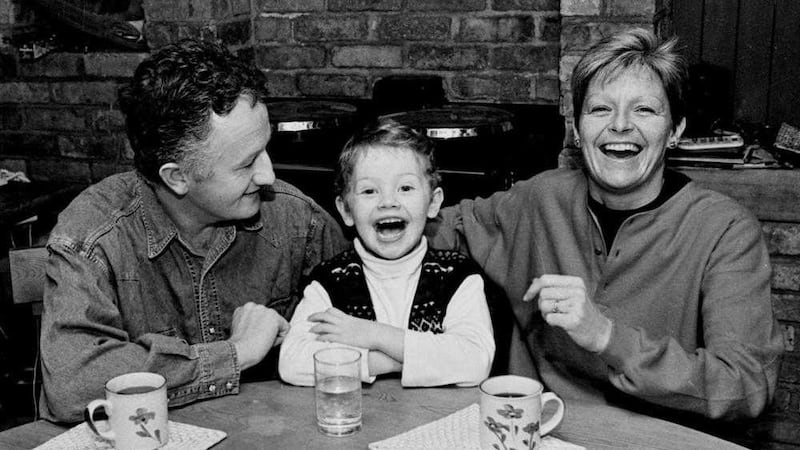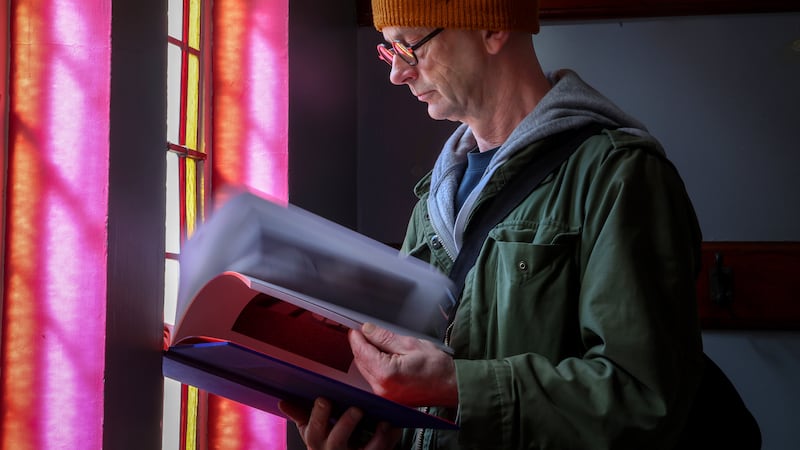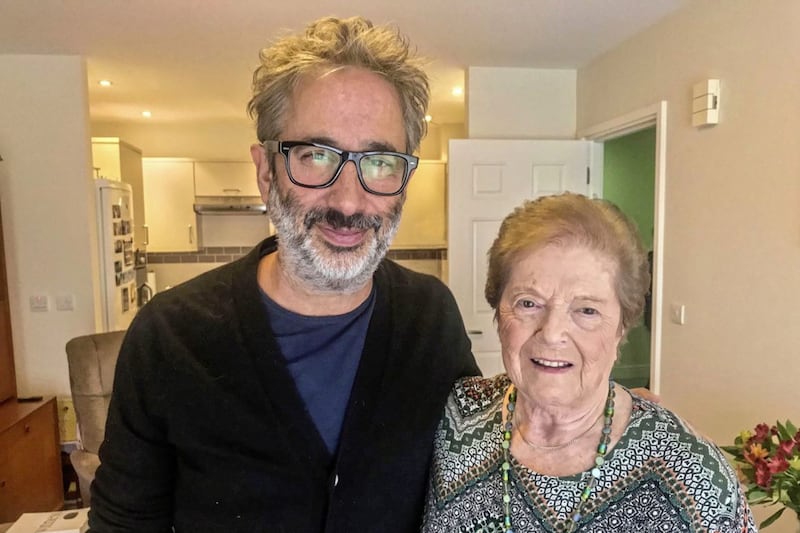A Legacy: Veronica Guerin, RTE 1, Monday at 9.35pm
The murder of Veronica Guerin 20 years ago changed Ireland.
The Republic, but particularly Dublin, became a better place when revulsion at the murder of the Sunday Independent reporter brought the public, politicians and justice system together to take on the drugs gangs.
The Criminal Assets Bureau was formed and for the first time the ill-gotten gains of the drugs lords were targeted.
It was argued at the time that such a law - which would remove cash and assets from people without convictions and only to a civil standard of proof - would be unconstitutional.
John Gilligan, the leader of the gang which murdered Ms Guerin, tried every means possible to challenge the state legally, but failed.
His gang was destroyed, with every member jailed for either their part in the killing or other crimes.
Only last month Brian Meehan lost another appeal and continues to serve a life sentence in Portlaoise prison for murder.
For years after the murder there was a feeling that the criminals were on the run and the forces of law and order were in the ascendency.
Twenty years later and with the anniversary of Ms Guerin’s murder approaching it’s time for a reset.
The mechanisms which were so successful in the late 90s and 2000s are clearly not working anymore.
Drug gangs again strut around the streets of Dublin and their bases in the Mediterranean sun.
The problems in Belfast are less serious but there is undoubtedly a growing heroin problem in the city and the horrors of that may crash upon us at any time.
Heroin destroys people, their families and communities. It leads to violent crime, abuse, death, murder and gang rule.
As a junior reporter I covered the anti-drugs protests of inner-city Dublin in the mid-1990s.
At the time the place was a wasteland. There was open dealing on the corners and zombie addicts stumbling around the streets.
Addicts who had lost all sense of self-respect were living in filthy conditions; often in flats with broken windows, bare floors and little furniture.
On some protests several thousand people would march to the home of a claimed drug dealer and demand he leave the area.
There was an atmosphere of violence and mob rule which frightened the Gardai.
Around the summer of 1996 the drugs protests moved from the back streets to O’Connell Street.
And on June 26, the Gilligan gang decided they would kill Veronica Guerin who was exposing the mafiosi leader in the pages of the Sunday Independent.
These were the days before smart phones and I remember walking into Independent House on Middle Abbey Street unaware of what had happened.
I have never felt the same atmosphere in a newsroom. At the time it was a large open-plan floor which housed the editors, reporters and subs from the Evening Herald and Irish Independent. The Sunday Independent was another floor up.
As I recall it there was almost complete silence, except for the soft sound of typing on computer keyboards. But you could feel the anger and determination.
This documentary captured how that feeling spread around the city and the country.
It also brought new information to this viewer; that Ms Guerin had played football for Ireland and was personal friends with the family of Charlie Haughey.
It fact it was said that her son Cathal - who was only six-years-old when he lost his mother - was named after the former taoiseach.
Mostly though, like any programme dealing with the legacy of a person, if reflected their warmth and goodness.
We should not wait for another prominent person to be killed before we act decisively again against the drugs gangs.









